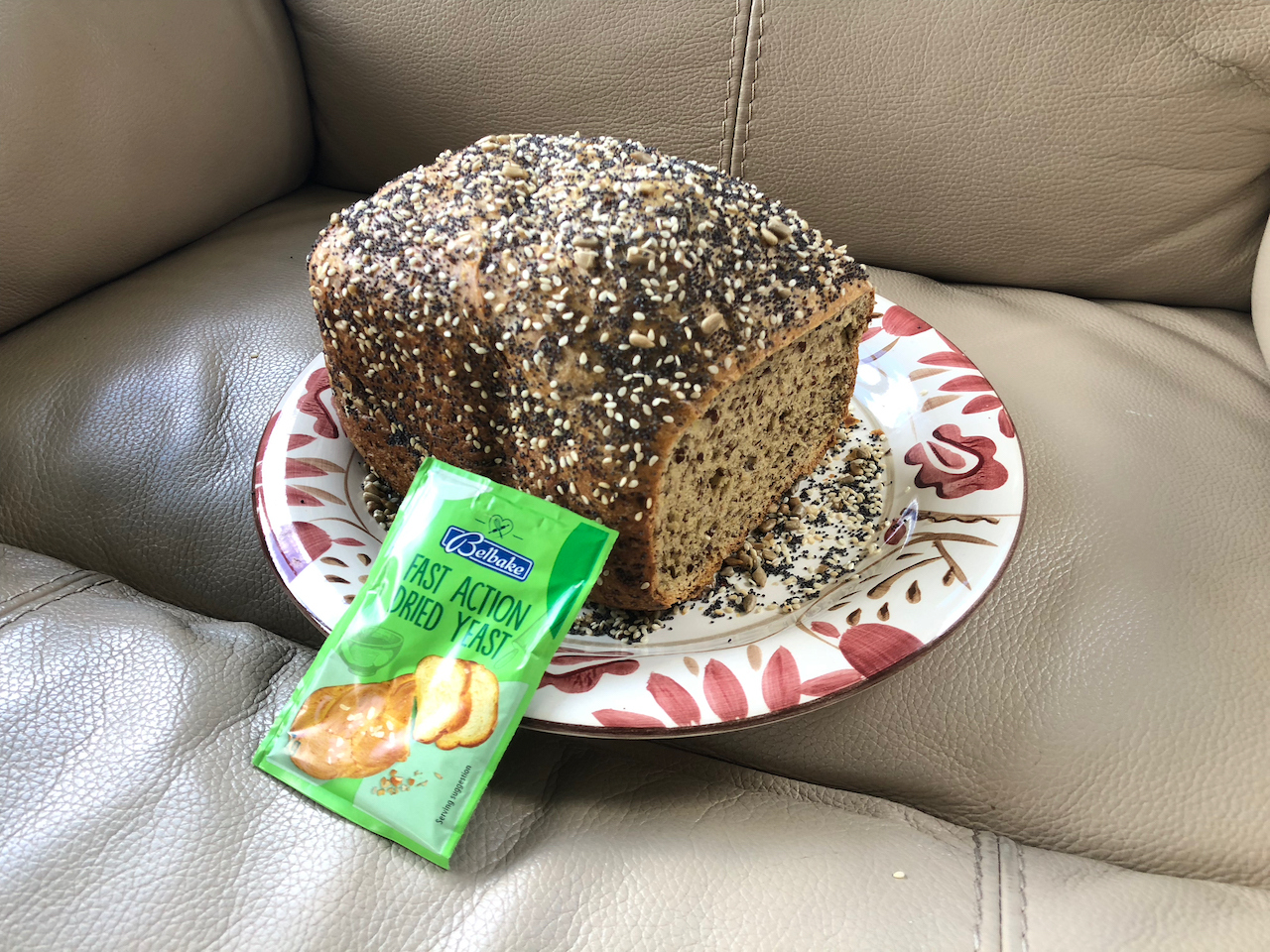“Jesus spoke all these things to the crowd in parables; he did not say anything to them without using a parable. So was fulfilled what was spoken through the prophet: ‘I will open my mouth in parables, I will utter things hidden since the creation of the world.’” (Matthew 13:34-35 NIV)
Jesus used stories about everyday events in life to illustrate truths he was communicating. Although some of these stories might seem alien to us, they reflected a first-century rural life in Roman-occupied Israel. The people often didn’t understand what he was saying, but most of these stories can be understood. Several times he also gave explanations which not only help us to understand the particular parable he was explaining but also give us some guidelines on how to understand other parables. Generally there is one point to be made and it is fairly simple.
“He told them another parable: ‘The kingdom of heaven is like a mustard seed, which a man took and planted in his field. Though it is the smallest of all seeds, yet when it grows, it is the largest of garden plants and becomes a tree, so that the birds come and perch in its branches.’” (Matthew 13:31-32)
This story concerns seeds that are planted. This time he refers to a mustard seed and a mustard plant. Although I’ve never grown a mustard plant I am familiar with mustard seeds in some of the cooking that I do. They are very small seeds but will grow into a substantial plant, one that is even large enough for birds to perch in. Some suggest that this type of growth would be unnatural for a mustard plant but the point Jesus seems to be making is simple: one of the smallest of seeds can grow into a substantial plant. He told a second parable with the same point.
“He told them still another parable: ‘The kingdom of heaven is like yeast that a woman took and mixed into about thirty kilograms of flour until it worked all through the dough.’” (Matthew 13:33)
I baked a loaf of bread this morning. The amount of yeast that was called for (three teaspoons) was small in comparison to the amount of overall flour that was used (over two cups). What was the result? Initially a dough that rose and when baked became a loaf of bread (I’m fortunate to have a bread maker which simplifies and automates the way to make bread).
What was Jesus’ point in both of these stories? It seems to be simply this: something small can grow into something quite large. In western society we seem to want everything to be the biggest and best. In some countries, as far as religious groups are concerned, it is the ‘mega-church’ which people strive to have. But what about being a small group of Christians? Is there something wrong when we are not huge? Many are disheartened when we begin with only a handful of Christians.
Although we may start out with just a few Christians in relation to society around us, like the mustard seed and the yeast we can grow into a substantial body of Christians. We should not be discouraged when we think of how small our Christian family may be. We may start small, but if we are planting the pure seed of God’s word, nourishing it so that it will grow, God will give the increase (1 Corinthians 3:5-9).
Remember the parables of the mustard seed and the yeast.
Photo by Jon Galloway.
Readings for next week: Matthew 11-15
- Jesus our Passover Lamb - 2026-01-23
- Growing in faith despite difficult circumstances - 2026-01-16
- God’s temple - 2026-01-09
